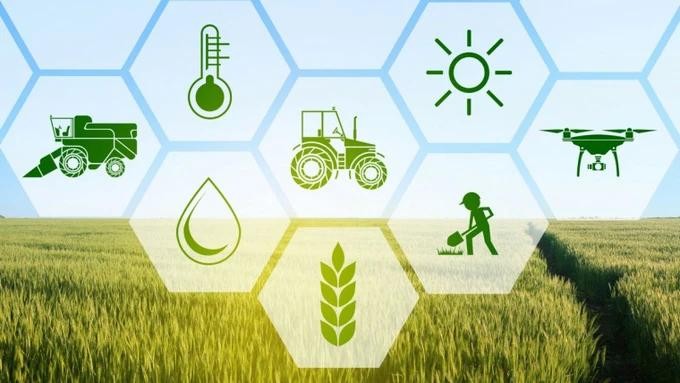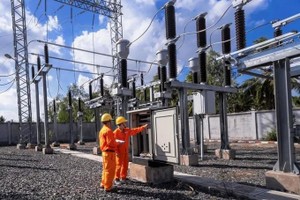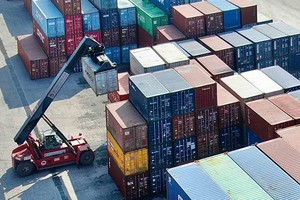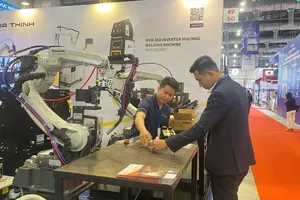
At today’s forum on realizing the national strategy on green growth in Vietnam - Promoting green capital flows organized by the Economic and Forecast Magazine under the Ministry of Planning and Investment in Hanoi, participants voiced their opinions that in the context of erratic climate change developments, the transition to a green growth model is extremely urgent.
Vietnam needs approximately $330 billion-$370 billion to achieve net zero emissions by 2050. As per the Ministry of Natural Resources and Environment, Vietnam has committed to emission reduction measures in each sector by 2030, requiring an estimated US$68.75 billion. Of this amount, the national source is about $24.722 billion, contributing to 36 percent, while the call for international support is projected to be approximately $44.028 billion, making up the remaining 64 percent.
Despite these numbers, capital mobilization still faces limitations.
At the workshop, economist Le Hoang Lan from the Department of Finance and Currency under the Ministry of Planning and Investment said that currently, policies and orientations for green finance development as well as green credit and green bonds have been issued quite fully. Foreign partners are willing to pay high prices for products manufactured according to green standards in Vietnam.
Businesses are encountering numerous challenges in the green transformation process. Currently, green initiatives are disorganized, coordinated by various ministries, sectors, and fields, without a unified support system for innovative green technologies, said Mr. Le Hoang Lan. The primary issue lies in investment enterprises struggling to stay updated with market analysis, hindering their ability to select appropriate projects and locations.
Additionally, they face limited collaboration with state management agencies and other businesses to streamline the execution of crucial projects, said Le Hoang Lan.
Sharing the same view, Ms. Diep Thi Kim Hoan, Director of Sustainable Development at DEEP-C Industrial Park Complex, pointed out various challenges faced by enterprises in accessing green finance. These include insufficient information about green credit providers and the actual financial costs involved.
Ms. Hoan also emphasized that the criteria for green projects are not specific and clear. Additionally, she noted that green credit funds often do not accept collateral, posing a challenge for enterprises that require bank guarantees. Moreover, the scale of green projects is often small, making it difficult to access foreign loans and exposing enterprises to risks associated with exchange rate fluctuations.
The workshop aims to provide delegates from state management agencies with feedback on green capital mobilization policies in Vietnam and share experiences in mobilizing green capital from businesses.
























